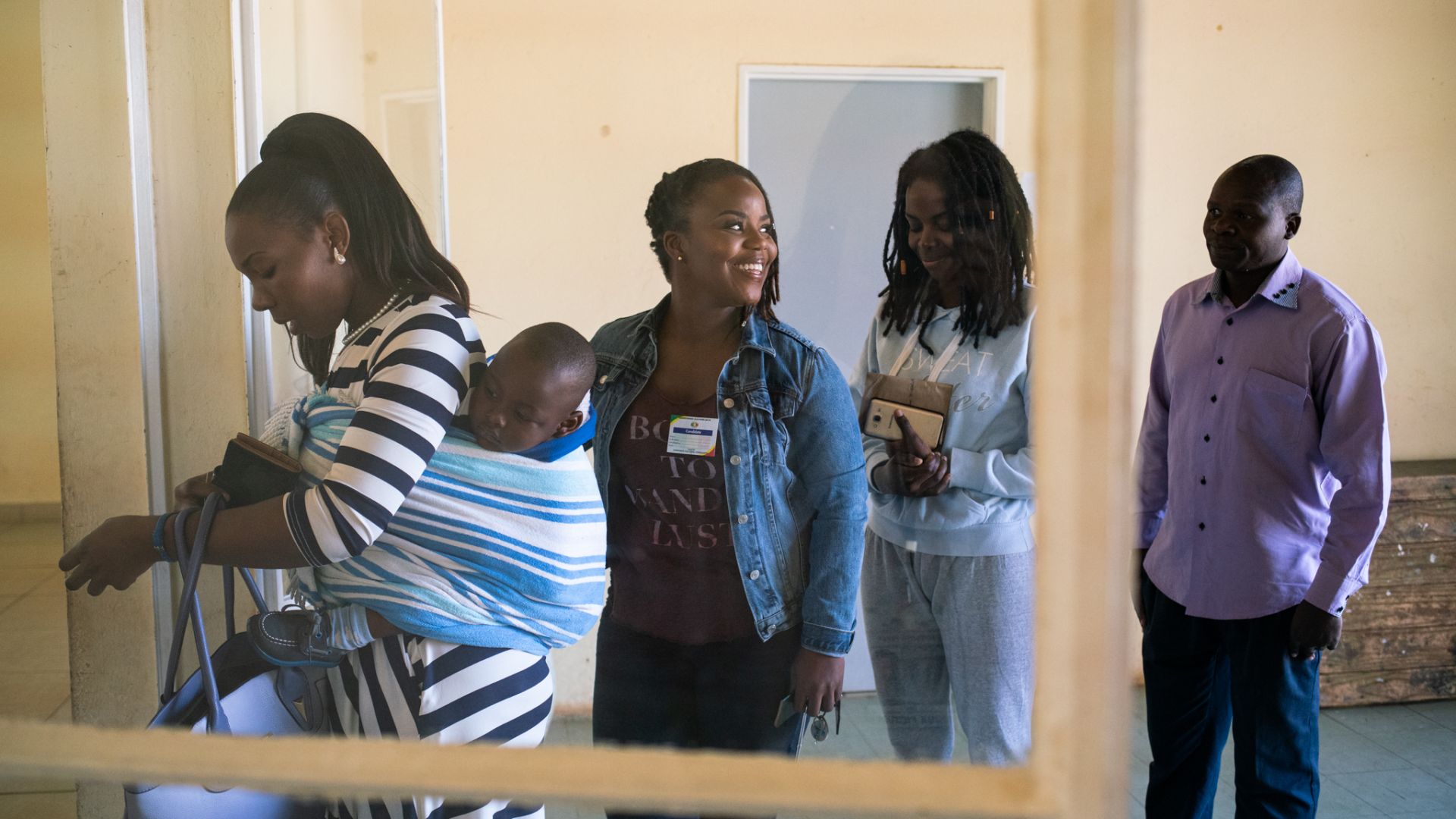The Zimbabwean political figure fighting for her country’s future

Inside a cramped cell at Zimbabwe’s infamous Chikurubi prison in January last year, a group of women took turns to speak.
Among them was Fadzayi Mahere, one of the country’s most prominent young opposition leaders.
Sitting on the cold, urine-stained concrete floor, she listened while her fellow inmates – many wearing the ill-fitting yellow tunics of convicted criminals – shared the reasons for their incarceration.
One by one, they listed violent assaults, armed robberies, and murders.
Then it was Mahere’s turn. “I tweeted,” she said, to the laughter of her cellmates.
The spokesperson for the country’s leading opposition party, then known as the Movement for Democratic Change (MDC) Alliance, Mahere spent seven nights in pre-trial detention before being released on bail.
She was told that she stood accused of communicating falsehoods relating to several of her posts on social media, but only received an official charge sheet nearly 15 months later.
It was not Mahere’s first time in detention, but it was the longest, and the most difficult.
Held in a series of overcrowded, poorly ventilated and squalid cells – where mosquitos thrived and fleas clung to bloodstained blankets – she also contracted COVID during her incarceration.
“There’s a culture of stripping you of your dignity,” says Mahere, 36, explaining how prisoners in Chikurubi are forced to kneel before wardens when speaking to them and are prohibited from wearing a bra, or using a spoon when eating porridge.
“You’ve got all these women lapping porridge out of their fingers,” she adds as we speak more than a year after her imprisonment, her impeccable attire and perfectly manicured nails a stark contrast to the experience she describes.